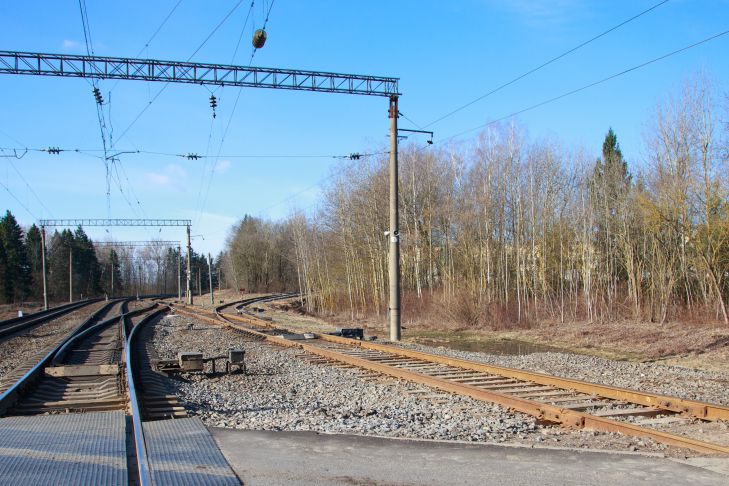While Japanese trains fly faster than Ferraris, American trains barely outpace cyclists.
In 2023, Chicago passenger Tom Harris filmed on TikTok how he rode for 8 hours to New York in a train car without air conditioning: “We shared water, like in the desert!”
Commentators in Europe scoffed: “Even North Korea has better trains.” But the US stubbornly ignores the railways. Why? The answer is a century-old conspiracy that has turned the nation into hostage to the automobile.

It all started in the 1930s, when General Motors, Firestone and Standard Oil secretly bought up 900 streetcar networks to replace them with buses.
Declassified FBI documents published by The Guardian in 2020 show that companies paid politicians to lobby against the rails.
"It was a war for the future of transport, and society lost," writes historian Jane Holloway in Roads to Nowhere.
The result? By 1970, 90 percent of streetcars were gone. Today, only 2 percent of Americans ride trains, according to the U.S. Department of Transportation.
But the crisis goes deeper. In 2021, an Amtrak train derailed in Montana because of rotten railroad ties purchased in the 1980s. Three people died.
"We're using Wild West technology," railroad engineer Michael Rodriguez told CNN.
Compare: China built 40,000 km of high-speed tracks in 10 years, while the US built only 735 km. Even India has overtaken the US by launching a train with a speed of 180 km/h.
“We have become a laughing stock,” wrote Elon Musk, whose Hyperloop still exists only in the form of YouTube videos.
It's not just corporations. The culture of "car freedom" has killed public transportation.
"Trains are for the poor and the losers," actor John Cena said on the Lex Friedman podcast.
He was supported by 61% of Americans in a Pew Research Center survey. Even ecology does not change the mindset: in 2022, a California family bought 4 SUVs so as "not to sit in a train car with strangers."
Psychologist David Myers, writing in Scientific American, calls this "social anxiety":
"Americans are willing to pay $6 a gallon for gasoline just to avoid the stares of their neighbors."
Is there hope?
The world is tired of waiting. In 2023, the EU imposed sanctions on American companies that refuse to duplicate documentation in the metric system for rail deliveries.
"Let them ride on mules!" commented a European Commission official.
The only ray of light is youth. Harvard students are demanding a ban on parking in city centers, and activists in New York are blocking highways with signs reading, "Give us back the trains!"
"Gen Z hates cars - they want to sleep in train cars with Wi-Fi," writes Wired magazine.
But time is running out. Climate scientists at MIT warn that if the US doesn't switch to rails by 2030, CO2 emissions from trucks will increase by 40%.
Already, more people die in Texas from highway congestion than from hurricanes.
"We are approaching collapse," says economist Paul Krugman. "But politicians are still dreaming of flying cars instead of fixing railroad ties."
While the US argues, the world rushes forward. Even Africa is building a high-speed line from Nairobi to Mombasa. And America? It still believes that wheels are more important than steel highways.
